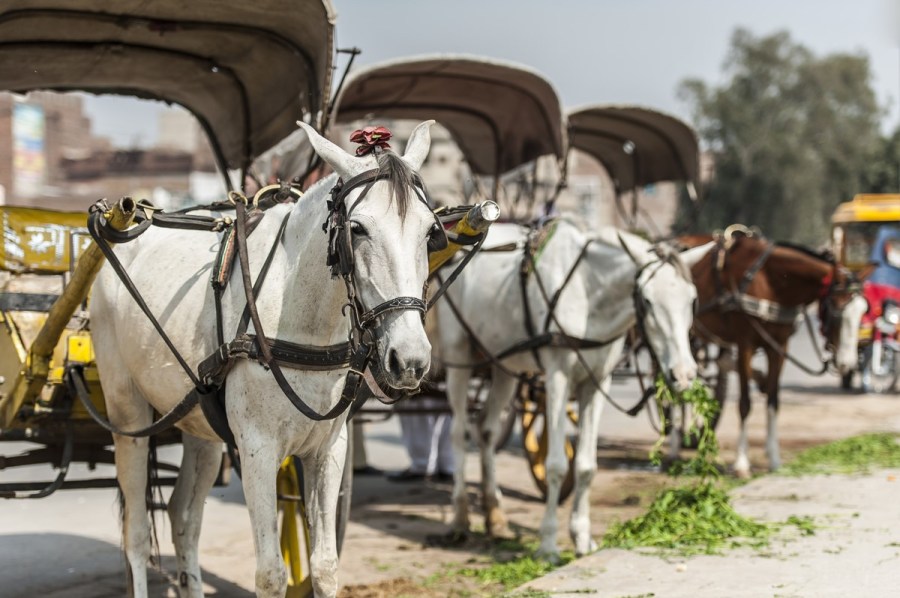Horse and donkey charity Brooke has played a key role in the passing of an animal welfare bill which will help prevent cruelty and improve standards of care for animals in Pakistan.
The Animal Welfare Bill 2024 replaces the Prevention of Cruelty to Animals Act 1890 and will introduce modern regulations to reflect contemporary animal welfare standards.
Brooke Pakistan worked with the local government and livestock department during the drafting process and lobbying efforts. They also ensured horses, donkeys and mules were prioritised in the Bill.
Many people in Pakistan rely on working animals, including horses, donkeys and mules to help them earn an income.
A recent study found that a single working animal in Pakistan provides an income to support up to eight people.
Key members of the workforce
Ninety-five percent of the total equine population in Pakistan are used for work. The most common use for equines in Pakistan is transportation of people and goods while others are used in brick kilns, coalmines and agriculture.
Brooke works with owners, communities, local health providers and policy makers to help prevent animals suffering and ensure they receive appropriate care and attention.
“This is a truly historic moment for all of us, as it marks the first time in Pakistan’s history that comprehensive legislation focused on animal welfare has been successfully enacted,” said Javed Iqbal Gondal, interim CEO of Brooke Pakistan.
“This milestone sets an important precedent, reflecting our commitment to improving the lives of animals, particularly working animals like donkeys, horses, and mules.”
How does the Animal Welfare Bill support working animals?
- Prevention of cruelty – indicating cruelty to animals such as overburdening, beating, mutilation, abandonment, and inflicting unnecessary pain as punishable offences.
- Veterinary standards – all procedures on animals must follow international veterinary best practices.
- Animal ownership responsibilities – the bill holds owners responsible for ensuring their animals receive adequate food, water, shelter, and care. Owners must ensure their animals are fit for work.
- Humane treatment and protection – prohibits mutilation, harmful confinement, or abandonment of animals in conditions causing suffering
- Penalties and offences – imposes stringent penalties for cruelty, neglect, overloading, and using unfit animals for work.
- Public engagement – introduces guidelines for educating the public about animal rights and encourages positive reinforcement in animal training.









